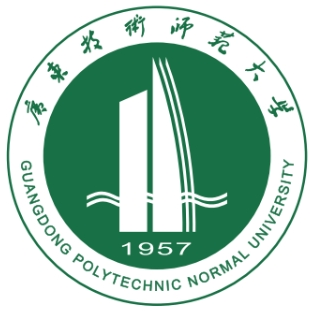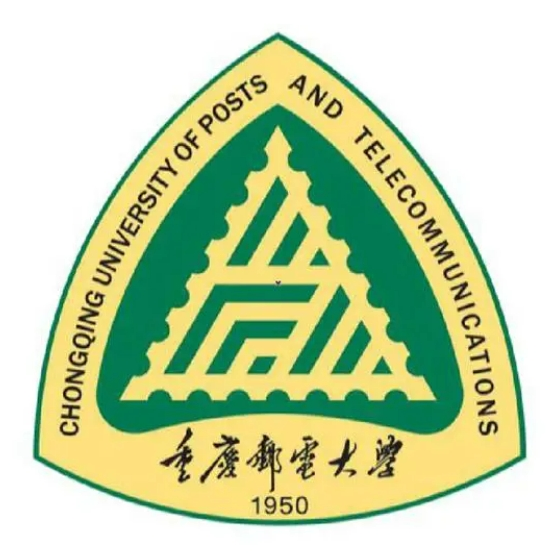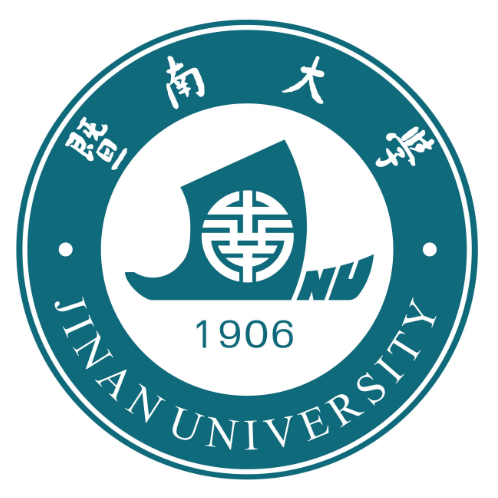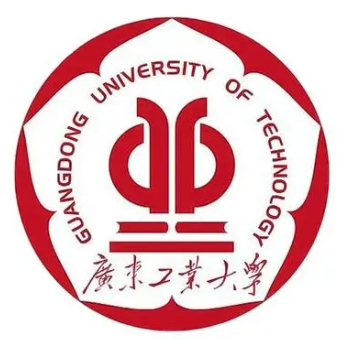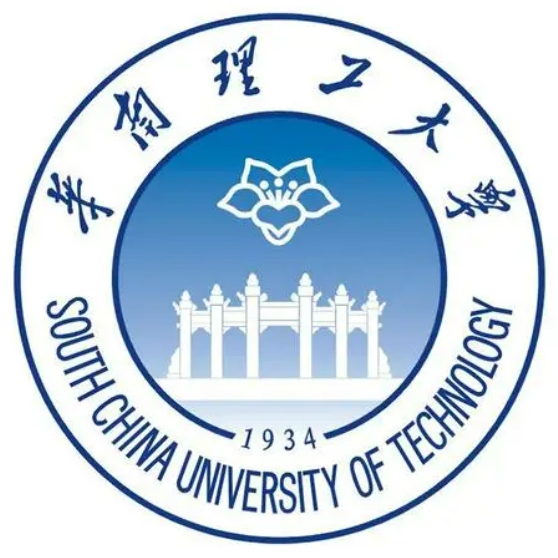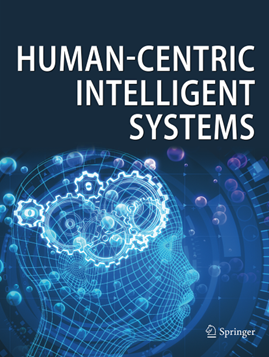


About CCNS 2024
2024 5th International Conference on Computer Communication and Network Security
The continuous advancement of technology and the emergence of evolving threats have made computer communication and network security indispensable in today's information society. In recent years, numerous advanced technologies have been applied to enhance computer communication and network security, attracting significant attention from experts and scholars.
The CCNS conferences were successfully held in Guilin, Xining, Hohhot, and Qingdao from 2020 to 2023. In 2024, the 5th International Conference on Computer Communication and Network Security (CCNS 2024) will take place in Kunming, China from May 17 to May 19. This conference aims to convene researchers, scholars, and practitioners in the field to explore the latest research findings and technological innovations. The conference encompasses a wide range of topics including AI and Machine Learning, Security Challenges in Edge Computing, Quantum Communication Networks, Optical Fiber Sensor Networks for Security, Nano-Photonic Devices in Cybersecurity among others. We anticipate that this conference will significantly contribute to advancing knowledge within these cutting-edge scientific domains.
IMPORTANT DATES | |||
Submission Deadline | Notification Date | Registration Deadline | Conference Date |
May 13,2024 | May 15, 2024 | May 15, 2024 | May 17-19, 2024 |
Welcome to Join CCNS 2024
| Join as Presenter If you are only interested in giving a presentation at the conference without publishing your paper in the proceedings, you can choose to attend CCNS 2024 as a Presenter. As a presenter, you need to submit the Abstract and Title of your presentation during the registration. |
| Join as Listener CCNS 2024 is an unmissable conference. It is a good chance and an effective platform for you to meet many renowned experts and researchers in the field of the latest academic research. You are welcome to attend this great event. You just need to complete the registration as a Listener before the registration deadline. |
▶ Publication
● All papers, both invited and contributed, will be reviewed by two or three expert reviewers from the conference committees. After a careful reviewing process, all accepted papers of CCNS 2024 will be published in SPIE - The International Society for Optical Engineering (ISSN: 0277-786X), and indexed by EI Compendex and Scopus.
CCNS 2022 |Publication | EI Compendex
CCNS 2021 |Publication | EI Compendex
CCNS 2020 |Publication | EI Compendex
Note: All submitted articles should report original research results, experimental or theoretical, not previously published or under consideration for publication elsewhere. Articles submitted to the conference should meet these criteria. We firmly believe that ethical conduct is the most essential virtue of any academics. Hence, any act of plagiarism or other misconduct is totally unacceptable and cannot be tolerated.
▶ Review Process
● All manuscripts are subject to blind peer review by competent reviewers in the relevant field and are expected to meet standards of academic excellence. The reviewers identity remain anonymous throughout the process. The review process is as below:
1. Each paper will be subject to preliminary review such as relevance to the conference topics, repeated publication and repeated submission after submission.
2. The conference secretary will inform authors the preliminary review by at least 2-3 members of the Program Committee, which will take 15-20 working days before the result comes out.
3. Authors will receive review comments via email and be required to do necessary revisions if the paper is accepted.
▶ CCNS Journal Introduction
| Human-Centric Intelligent Systems is an international, peer-reviewed and open-access journal. Publishing services are provided by Springer Nature. The journal is dedicated to disseminating the latest research findings on all theoretical and practical applications in human-centric intelligent systems, and to providing cutting-edge theoretical and algorithmic insights in human-centric computing and analytics. Welcome to submit your articles and the expanded version of conference papers to HCIN! >>>Free of APC (Article Processing Charge) >>>Offer the "Best Paper Award" |
▶ Speakers
Zuqing Zhu School of Science and Technology of China, China |
Zhaolong Ning Chongqing University of Posts and Telecommunications, China |
Organized By

Supported By
